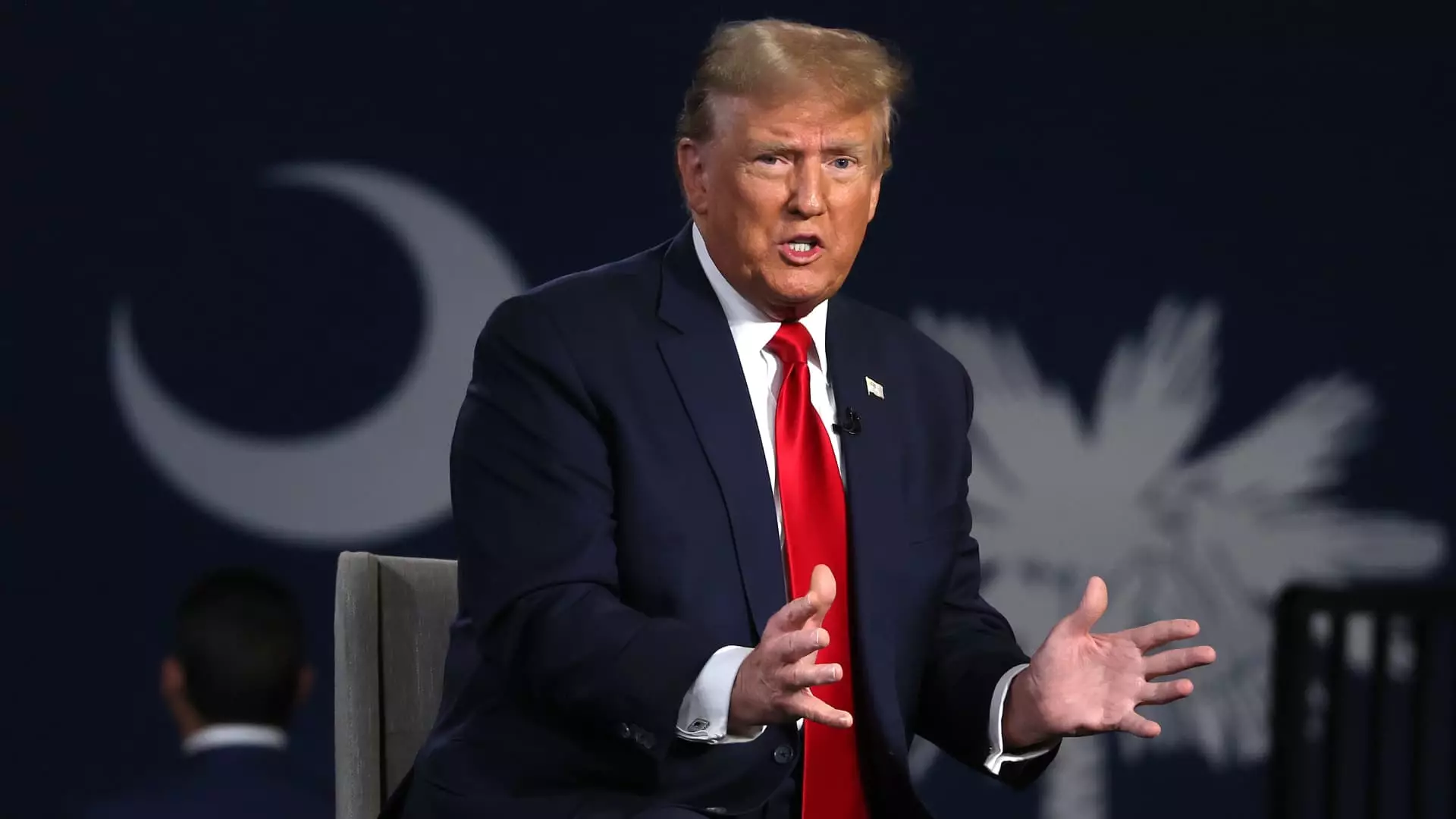Following weeks of negotiations, insurance giant Chubb decided to back out of providing a $464 million appeal bond for former president Donald Trump in his civil fraud case. This decision came shortly after Chubb drew criticism for providing Trump with a bond in a separate case, prompting more than 30 other companies to also refuse to craft a similar bond. Trump’s attorneys filed a request in a New York appeals court, urging them to halt the judgment before New York Attorney General Letitia James could start collecting on it.
Trump’s lawyer, Alan Garten, highlighted that Chubb was the only company willing to consider a bond secured by a mix of liquid assets and real property. The rest of the companies demanded only cash or other easily liquidated assets, making it difficult for Trump to secure the necessary funds for the appeal bond. This poses a significant challenge for Trump, as posting a fully secured bond would require him to sell parts of his real estate portfolio quickly, potentially at lower prices.
Chubb faced tremendous backlash for providing Trump with a $91.6 million appeal bond in a defamation case where he was found liable for defaming writer E. Jean Carroll. Questions were raised about the company’s impartiality, considering CEO Evan Greenberg’s previous ties to Trump through advisory committees. Despite these concerns, Chubb maintained that issuing an appeal bond does not signify support for the defendant and emphasized that the bond was fully collateralized.
The complexity of obtaining such a substantial appeal bond lies in the reluctance of surety companies to accept “hard” assets like real estate as collateral. These companies perceive bonds of this magnitude as high-risk and prefer them to be backed entirely by liquid assets. The demand for fully secured bonds presents a significant challenge for Trump and his co-defendants, who find it nearly impossible to meet the requirements despite their best efforts.
As the deadline for James to collect on the fraud judgment looms closer, Trump has taken to social media to express his frustration with the situation. He criticized the trial judge for requiring him to put up hundreds of millions of dollars to appeal the decision, claiming that it would force him to sell or mortgage assets at unfavorable prices. However, New York court rules mandate that Trump must post an appeal bond to prevent James from seizing his assets.
Chubb’s decision to withdraw from providing an appeal bond for Trump’s civil fraud case presents significant challenges for the former president and his legal team. The reluctance of other companies to accept real property as collateral further compounds the difficulties faced by Trump in securing the necessary funds. As the legal battle unfolds, Trump will have to navigate the appeal process while grappling with the repercussions of the court’s judgment and the limitations posed by the appeal bond requirements.

Leave a Reply